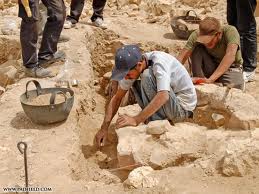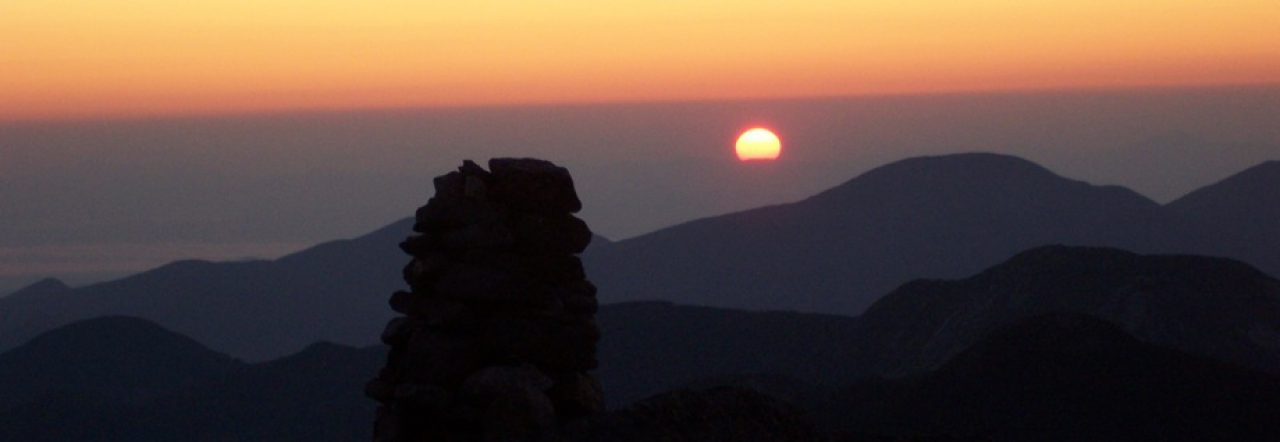For a while now I’ve been wanting to write an essay about end tables, coat  pockets, bag bottoms, and storage cabinets. We often forget these clutter-gathering crevices of our individual lives, until we fish through an old coat and pull out receipts, candy bar wrappers, and a dollar or two tangled with some coins. These seemingly random articles, disused and long-forgotten, once played a role. We bought something, earning that receipt. We ate that candy bar and couldn’t find a trash can. We pocketed that loose change.
pockets, bag bottoms, and storage cabinets. We often forget these clutter-gathering crevices of our individual lives, until we fish through an old coat and pull out receipts, candy bar wrappers, and a dollar or two tangled with some coins. These seemingly random articles, disused and long-forgotten, once played a role. We bought something, earning that receipt. We ate that candy bar and couldn’t find a trash can. We pocketed that loose change.
Such odds and ends reveal our former lives, providing a time stamp for our days and habits, whether they are the books and jewelry on our end tables, the unused casserole dishes in our cabinets, or the grit and at the bottom of our bags. Our past selves leave traces. And just as archaeologists dig through the rubbish of past cities, we can dig through our own lives.
But unlike archaeologists, we don’t normally care about these random bits of rubbish. We crave the big picture–the narrative that collects the pieces, not the pieces themselves. Perhaps a few things transcend this bias, like a stone from our childhood house, a ticket stub from a memorable movie, or that framed first dollar a business might display. We infuse these random pieces of existence with meaning and display them, like a museum of our lives.
But in themselves, they are mere physical objects. That dollar passed trough hundreds of indifferent hands before it fell behind that frame. Its “it-narrative” probably included stints buried in coat pockets or lost in the wrappers and rubbish on the bottom of a bag. Maybe it fell behind a bed. Maybe it went from a lemonade stand to a store clerk to a strip club. That dollar connects us to hundreds of other lives–including our past selves–but its average everydayness camouflages it.
As a kid, I wanted to be an archaeologist, so I had a ready interest in these little stories. I once went on a “dig” outside the local science museum as part of a summer camp. Scraping, brushing, and digging in rigid squares, we unearthed ceramic shards and pieces of brick left over from a nearby wall they fixed. Another time, I helped a friend clean a stretch of the Erie Canal. There we pulled out glass Coca Cola bottles form the 80s, abandoned pill bottles, shoes, and other garbage.
Since then, I’ve thought more about little things. My recent work with Charles Olson has been a major catalyst. As my last post mentioned, Olson centered much of his work around “polis,” which for him meant that our lives can connect to “the whole world” through the immediate area. He said that everyone should do a “saturation job” on a particular area, researching it its roots. By studying these roots, we can understand the current situation and rework it how we see fit.
Olson focused on Gloucester, M.A., the small fishing village where he lived. He studied the historical documents, the statues, the censes, the maps–everything he could get his hands on–including shipping records from England. With this knowledge, he understood the purpose and history of Gloucester, and by knowing this, he tried to combat the monoculture he saw flooding in from the highways–the “mu-sick,” as he called it, of mass media.
This mass media didn’t care about origins or how things fit together into the “big picture,” like Olson did. Instead, it categorized things based on surface level identities, like labels and initial impressions. For Olson, this would destroy the deeper significance people felt with things, covering up their roots and connections. In particular, it would blur what it meant to be “American,” a gathering of various European rejects, exiles, and explorers, infused with the Native Americans, hispanics, Asians, and blacks marginalized by the mainstream. The mainstream simplified this big picture, forgetting the little things.
One particular and image Olson creates in “Letter 1” of his Maximus poems stuck with me:
In an earlier poem called “The King Fishers” he describes a bird’s nest in a similar fashion, the way it forms from all this random stuff from around the world, the “rejectamenta,” as he terms it.
Things don’t get born into a vacuum. Most people would agree with this. But few really consider the sheer amount of stuff we’re born into. For a bird’s nest, the accumulation of garbage and other odds and ends strewn throughout the world is quite literal: the eggs and the fledgling chicks start their lives in a pile of detritus.
But, siding with Olson, I think other things owe their existence to this accumulation. Throughout our lives, we pick up random objects: quotes, wisdom, stories, images, memories, physical “things.” The philosopher Emmanuel Lévinas says we consume these objects, incorporating them into our being. Some of this is conscious. Some of it isn’t. But we would not be the same people we are today without all this collecting.
Our very DNA is a collection of millions of years of mutation, carrying the bits of obsolete virus coding, bacteria genes laced to transposons, and more, the ultimate et cetera.
So is our chemical make-up, at least if the cosmologists are correct. Carl Sagan famously said, “We’re made of star dust.” Neil geGrasse Tyson extends this further, explaining “The most astounding fact“: “The atoms that comprise life on earth, the atoms that make up the human body are traceable to the crucibles that cooked light elements into heavy elements in their core under extreme temperatures and pressures.” These “crucibles” were the early stars that later exploded, scatting their interiors across the universe, where they eventually formed us.
So yes, literally, we’re made of garbage.
Yet we spend our lives disregarding so many of the little things. I’m not saying the big things aren’t important, because they are, but we can’t forget the crevices and detritus of our lives. We can’t forget the minute patterns and everyday objects, the little stories, the little words that “clutter” life. It’s often through the particular that we find the universal, and as a recent Brain Pickings article notes, exploring these little links can helps us feel more creative, connected, and alive.
So go out and dig through those pockets, study those end tables, stare at the cracks in the sidewalks, consider the corners of rooms, and listen the the language we use. Read. Collect. Write down. Think. Doing so lets you become an archaeologist of the everyday, a shrewd observer of the “midst of things.”

This is extraordinary, Brett … I enjoyed every word. Thanks!
Thanks for stopping by. I’m glad you enjoyed it!
Interesting post I enjoyed, Brett. It also reminds me of the TV crime shows I came across like The Mentalist or Criminal Minds, where odds and ends and clutter in lives, whether objects or experiences, come into play to form interesting stories, because these things do speak about our past.
Thanks, Halim. That is an interesting comparison. So many little things can connect together to form bigger stories. It’s like Sherlock Holmes piecing together the parts of a person’s appearance to know how he or she traveled to the meeting.
Wonderful post. Not to mention the topography around us which is made up mostly of skeletal remains.
“through the particular that we find the universal”
Exactly right. Without understanding the particular we would lose our sense of wonder as well as our connection to the larger whole.
I don’t think it works the other way around. I find rather distasteful those people who love humanity but who have no compassion for those closest to them.
Nice post just heads off dude